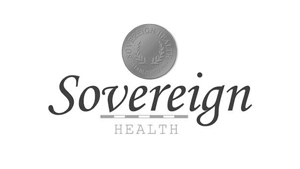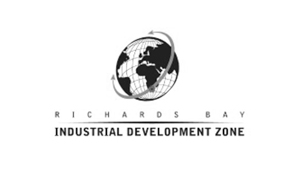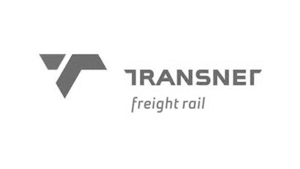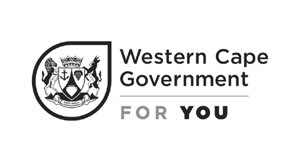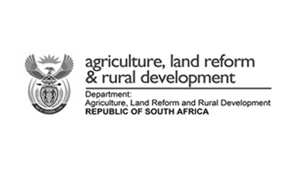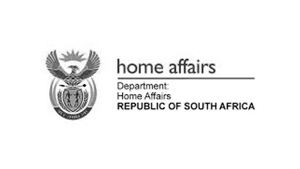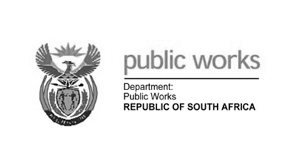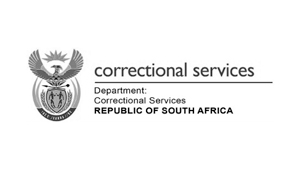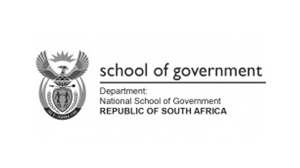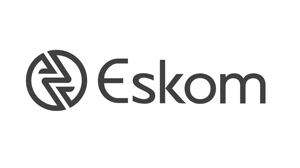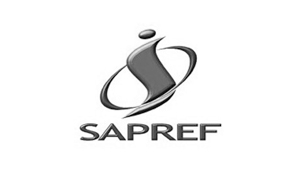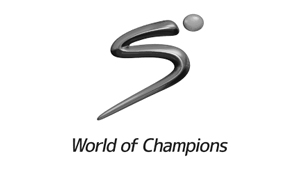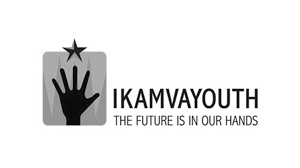Navigating the intricacies of speaker coordination is a cornerstone of hosting successful tech conferences. You're likely seeking insights that will help you weave together the perfect lineup of thought leaders and innovators, ensuring an event that resonates with participants long after the closing session. The path to a standout conference is fraught with potential missteps, from the delicate dance of speaker selection to the nuanced choreography of event logistics.
Drawing on extensive experience in the realm of tech event planning, this guide is poised to provide you with the strategies and insider knowledge to transform your speaker coordination efforts into a harmonious symphony of educational enrichment and professional growth.
For conference organizers who have grappled with the challenges of engaging high-caliber speakers and crafting unforgettable experiences, the journey toward mastery begins here. As we delve into the SPEAR framework, rest assured that your quest for an impeccable tech conference is about to become a reality, inviting you to read on for actionable insights and proven tactics.
Key Takeaways
- Choosing the right platform, defining goals, and targeting the right audience are essential for a successful tech conference.
- Effective speaker and attendee management requires the use of appropriate software, proactive communication, and facilitating networking opportunities.
- Providing clear communication, technical support, and rehearsal opportunities ensures a seamless speaker experience.
- Analyzing post-event data, including attendee feedback and engagement metrics, helps evaluate speaker effectiveness and improve future events.
Understanding Tech Conference Speaker Coordination
Understanding the coordination of speakers at a tech conference is essential for ensuring a seamless and successful event.
Event management begins with identifying potential speakers whose expertise aligns with the conference theme and audience interests.
Once speakers are identified, the planning process involves coordinating with them to understand their availability and technical requirements. This is crucial whether the event is in-person or a virtual event, as technical specifications may vary.
Effective communication of event details and expectations to speakers is vital for ensuring their preparedness and alignment with the event's overall goals.
Providing support and resources for speaker preparation and delivery is a key aspect of event marketing, as it contributes to the overall success and professionalism of the conference.
Ultimately, the goal is to ensure a smooth and professional experience for speakers during the conference, thereby enhancing the overall quality of the event.
This level of coordination and attention to detail is essential for creating a positive and impactful experience for both the speakers and the audience.
Preparing for Speaker Coordination
Preparing for speaker coordination involves meticulous planning and strategic decision-making to ensure a seamless and impactful event. One of the initial steps is to select the right platform for the event. This decision is crucial as it can significantly impact the success of the virtual conference.
Clearly defining goals and objectives is essential to create a focused and effective virtual event. This clarity will guide the speaker coordination process and ensure that the chosen speakers align with the event's purpose.
Identifying and targeting the right audience is paramount for maximum engagement. Understanding the target audience will shape the marketing strategy and speaker selection. Utilizing social media as part of the marketing strategy can help reach the intended audience.
Creating a well-structured schedule and agenda is key to keeping the event organized and on track. It provides a clear framework for speaker coordination and allows for a seamless flow of presentations.
Additionally, planning for technical difficulties and having contingency measures in place is important for a smooth virtual event experience. Anticipating and preparing for potential challenges will contribute to the overall success of the event.
Managing Speakers and Attendees
In the efficient management of speakers and attendees, meticulous coordination of speaker schedules and seamless communication of event details and expectations are essential for ensuring a successful and engaging tech conference. To effectively manage speakers and attendees, it is crucial to have a plan in place that includes the use of management software, clear communication, and proactive engagement.
- Choosing the Right Management Software: Selecting the appropriate management software can streamline the process of coordinating speaker schedules, managing attendee registrations, and facilitating interactions between speakers and attendees.
- Making Planning and Communication a Priority: Establishing a detailed plan for the event and effectively communicating it to both speakers and attendees is essential. This includes providing clear guidelines, expectations, and deadlines, as well as promptly answering questions and addressing concerns.
- Ensuring Proactive Engagement: Proactively engaging with both speakers and attendees can help in creating a positive experience for all involved. This can involve facilitating networking opportunities, providing technical support, and ensuring that attendees feel valued and supported throughout the conference.
Delivering a Seamless Speaker Experience
With a focus on creating an optimal experience for speakers, it is essential to establish clear communication of expectations and requirements for their speaking engagement. Providing technical support and guidance for setting up and testing equipment and software is crucial.
Additionally, establishing a smooth and efficient process for collecting presentation materials and bios is essential for a seamless experience. Offering opportunities for speakers to rehearse and become familiar with the virtual event platform will help them feel more prepared and confident.
Furthermore, ensuring ongoing support and communication leading up to and during the event to address any issues or concerns is paramount. It is also helpful to post regularly with tips to help keep them engaged throughout the event. This can include information about the event schedule, tips for effective virtual presentations, and updates on any changes that may occur.
Analyzing Post-Event Speaker Data
Analyzing post-event speaker data provides valuable insights into the effectiveness of the speakers' presentations and their impact on audience engagement and satisfaction. This analysis is crucial to ensure a successful event and to help create an engaging experience for attendees.
Here are some key steps to make sure you get the most out of the post-event speaker data:
- Collecting feedback from attendees on speaker performance.
- Reviewing audience engagement metrics during each speaker's session.
- Analyzing post-event surveys to assess speaker effectiveness.
